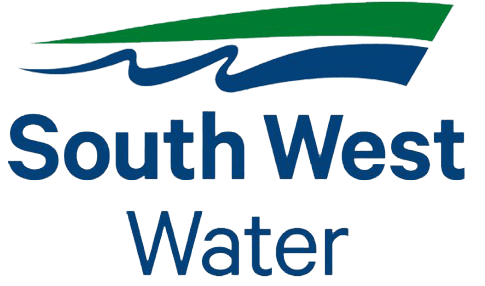
- Company: South West Water
- Location: United Kingdom (Cornwall, Devon, Dorset, Somerset)
- Solution: AiDASH Intelligent Sustainability Management System (ISMS)
Climate technology speeds monitoring to comply with the U.K. government’s Environment Act 2021
___________________

Fast and accurate biodiversity assessments across the entire estate
Cost less than 20% of traditional biodiversity benchmarking
Up and running within a few months
___________________
Benchmarking biodiversity over the entire estate.
South West Water provides water and wastewater services for 2.2 million residents across communities spanning Cornwall, Devon, Dorset and Somerset. Like many utilities the estate includes a wide variety of differing locations, from relatively small pumping stations to large reservoirs and surrounding catchments. This estate includes operational land as well as natural assets. Some are open to the public for recreational use, while other sites are part of national parks and county wildlife sites –– areas of regional and national importance[1].
The U.K. government’s Environment Act 2021 has brought biodiversity into the spotlight, requiring new project developments to manage conservation through a standardised biodiversity accounting framework taking effect from the end of 2023. This includes a measure of biodiversity and a requirement to reach 10% biodiversity net gain (BNG) for project developments.
While the Environment Act is primarily focused on land developments, it has provided a standard method for assessing biodiversity that can be applied to assess and monitor company performance. For example, the U.K. energy regulator, Ofgem, adopted land sustainability measures for power and gas networks through RIIO T2 regulations, requiring a 10% enhancement over a 5-year period. More recently, the U.K. water regulator, Ofwat, has proposed an Outcome Delivery Incentive (ODI) mechanism for biodiversity improvement for all water companies in England for 2025 onwards. This requires companies to make a baseline assessment using the Defra biodiversity metric across nominated land and estates. Water companies will be reviewed every 4 years to determine how effectively biodiversity improvements are being made.
With biodiversity challenges in mind, South West Water was seeking to improve and restore nature across landholdings in an economic, efficient, and timely way. However, there are challenges to undertaking such a task:

___________________
A technology-driven approach designed to accelerate biodiversity assessments
To evaluate individual sites in its service region quickly and accurately, South West Water opted to work with AiDASH Intelligent Sustainability Management System (ISMS).
In its initial approach with ISMS, the company set out to:
___________________
Fast, accurate assessments at a fraction of the cost
By choosing AiDASH’s satellite and AI solution, South West Water could augment and support current field surveys with additional datasets, speeding survey and verification work.
AiDASH’s climate technology, ISMS, launched at COP26, tracks ecological factors on South West Water’s sites — assessing some areas that were difficult to reach in ground surveying.
By collecting this information quickly and at scale, ISMS empowers ecologists, land managers, and environmental experts to make better use of their time with analysis and decision-making.
“We were impressed with the easy scalability of the solution and how quickly the AiDASH team brought us results,” says South West Water Team Manager for Natural Resources Dr. David Smith. “The benchmarking process went smoother and offered greater accuracy than we expected.”
With ISMS, the company has experienced:
The utility can also expect further assessment from AiDASH to report on biodiversity progress in 4 years’ time and as a partner will benefit from the solution’s emerging capabilities that are currently in development.
[1] Ramsar, Sites of Special Scientific Importance (SSSI), Ancient Woodland etc.
About AiDASH
AiDASH is making critical infrastructure industries climate-resilient and secure. Using our satellite-first platform for grid inspection and monitoring, our AI applications enable electric and gas utilities and landowners to transform how they manage and maintain assets. Our customers deliver ROI in their first year of deployment with reduced costs, improved reliability, and advancements in sustainability goals. AiDASH exists to safeguard critical infrastructure and secure the future of humanAIty™.
Learn more at www.aidash.com.
Ready to see it in action for yourself?
Get a demo today.
Subscribe to our newsletter